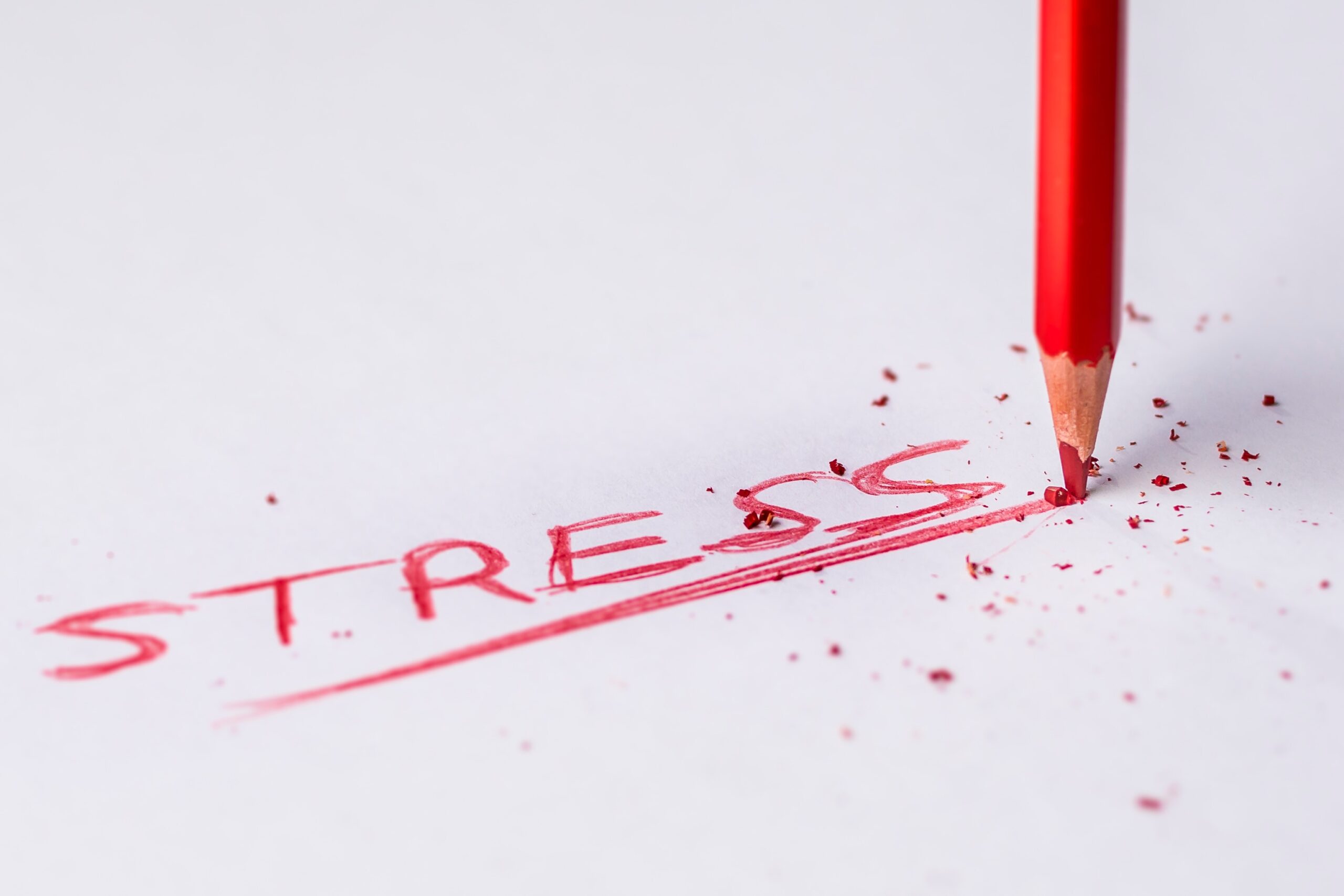
Stress Unpacked: Your Guide to a More Balanced Life
Stress is a universal part of human life and an inevitable consequence of living in our fast-paced modern society. Its impacts can be far-reaching, contributing to a variety of mental hardships that are often underestimated and overlooked. Recognizing the significance of stress, understanding its triggers, and implementing strategies for stress reduction are all crucial for preserving our mental health. In this article, we aim to explore what stress is, its common triggers, and ways to avoid or alleviate it. Additionally, we will look at the resources available to help overcome stress.
Understanding Stress
Stress, at its most basic level, is the body’s response to any demand or threat, whether real or perceived. It is a survival mechanism that prepares the body to “fight or flight” when facing danger. However, when stress becomes chronic, it can lead to a variety of mental health issues, such as depression, anxiety, and even more serious conditions like heart disease or high blood pressure.
Common Stress Triggers
Work Pressure : Stress in the workplace is an increasingly common issue. This could be due to a variety of factors such as high workloads, long hours, demanding deadlines, lack of control over tasks, poor working environment, job insecurity, conflicts with colleagues, or harassment and discrimination. Each of these aspects can contribute to a state of constant worry and unease, escalating into chronic stress if not appropriately managed.
Financial Concerns : Financial stress is often triggered by feelings of insecurity regarding debt, insufficient savings, inability to meet routine expenses, or fear of job loss. These concerns can be compounded during periods of economic instability or personal financial crises. The fear of not having enough money to meet one’s needs can be a persistent source of stress, leading to sleep problems, anxiety, and depression.
Health Issues : Health-related stress can emerge from personal health problems or those of a loved one. Chronic diseases, severe illnesses, or acute health crises can cause significant stress. Also, the fear of disease or poor health, heightened during health crises like a pandemic, can contribute to chronic stress. This is further exacerbated by the financial burden healthcare often imposes.
Family Responsibilities : Family can be a source of joy but also stress. Parenting challenges, the strain of caregiving for an ill or elderly family member, or conflicts within the family structure can be significant stress triggers. Striking a balance between work and family responsibilities often causes what’s known as “role strain,” contributing further to stress.
Life Changes : Major life changes, even positive ones, can be stressful. This includes events like moving homes, getting married, having a child, starting a new job, or retiring. The uncertainty and adjustment associated with significant transitions can trigger stress. On a more somber note, events like divorce or the death of a loved one are among the most stressful life experiences a person can face.
Social Isolation : Humans are inherently social creatures, and isolation or feelings of loneliness can cause considerable stress. This could be due to a lack of close family ties, difficulty in making friends, or moving to a new location. In recent times, the COVID-19 pandemic has significantly heightened feelings of isolation, contributing to increased stress levels worldwide.
Trauma : Experiencing traumatic events such as accidents, natural disasters, or violence can lead to extreme stress and potentially post-traumatic stress disorder (PTSD). These events can have long-lasting effects on a person’s mental health.
Understanding the root cause of stress is the first step towards effective management. By identifying these triggers, individuals can implement strategies to reduce their impact or develop coping mechanisms to better manage stress when it arises.
Avoiding and Alleviating Stress
Maintaining a Balanced Lifestyle : Lifestyle plays a significant role in stress management. Incorporating regular physical activity into your routine can help reduce stress levels, as exercise releases endorphins, the body’s natural mood lifters. A balanced diet is also vital, as certain foods can exacerbate stress levels, while others can contribute to calmness and mental clarity. It’s important to prioritize sleep as well, as insufficient sleep can make it harder to handle stressors effectively. Also, remember to allocate time for relaxation and leisure activities that you enjoy.
Mindfulness and Meditation : Mindfulness involves paying attention to the present moment without judgment. It can be a powerful tool in managing stress because it allows you to observe your thoughts and feelings without getting caught up in them. Meditation, often a key component of mindfulness, helps in focusing the mind, reducing negative emotions, and promoting calmness and relaxation. Both mindfulness and meditation can be developed with practice and can be supplemented by various apps and online resources.
Effective Time Management : Proper time management can significantly reduce feelings of stress and overwhelm. This includes setting realistic goals, planning and prioritizing tasks, delegating when possible, and making sure to leave some unscheduled time each day for relaxation and spontaneous activities. Avoid procrastination, as this often leads to increased stress when tasks pile up.
Building Social Connections : Social support is a major buffer against stress. This could be through family, friends, coworkers, or social groups. In addition to providing a listening ear and emotional support, our social connections can often offer practical help during stressful times. Don’t hesitate to reach out to your network when you’re feeling stressed.
Breathing Techniques and Yoga : Deep breathing exercises can help activate the body’s relaxation response, counteracting the fight-or-flight response of stress. Yoga combines physical postures, breathing exercises, and meditation to promote stress relief and relaxation.
Cognitive Behavioral Therapy (CBT) : This form of therapy helps individuals identify and change thought patterns that lead to harmful behaviors or emotional distress. CBT techniques can be learned with the help of a mental health professional and can be a valuable tool in stress management.
Developing Resilience : Resilience is the process of adapting well in the face of adversity, trauma, tragedy, threats, or significant sources of stress. This can be built over time by fostering optimism, setting realistic plans and moving towards them, communicating and solving problems effectively, and taking decisive actions during adverse situations.
Journaling : Writing about your thoughts and feelings can be a therapeutic way to release pent-up stress and explore possible solutions to your problems.
Laughter and Humor : It’s true what they say – laughter can be the best medicine. Humor helps to lighten your burdens, inspire hopes, connect with others, and keep you grounded. It’s an excellent stress reliever, and that’s something everyone could use a little more of in their life.
Remember, the most effective stress management strategies are those that fit your lifestyle and that you can stick to over the long term. It’s not about being stress-free but about harnessing and managing stress so that it doesn’t control you.
Resources Available to Overcome Stress
Professional Counseling : Therapists, psychologists, and counselors are trained to help people understand and manage stress. They can provide strategies for stress management, help address any underlying mental health issues, and offer a safe space to express and explore feelings. Some professionals specialize in cognitive-behavioral therapy (CBT), a proven approach to manage stress, anxiety, and depression.
Support Groups : Support groups can provide a sense of community and shared experience, which can be beneficial for those dealing with high stress levels. This can occur in a face-to-face setting or online. In a support group, individuals can share their experiences, learn from others, and gain new coping strategies.
Self-Help Books and Online Resources : There’s a wealth of literature and digital content available on stress management. Self-help books often provide insights into the nature of stress and offer practical strategies for managing it. Websites, blogs, online courses, webinars, and podcasts dedicated to mental health can also be helpful. They often feature expert advice, real-life stories, and up-to-date research findings.
Stress Management Programs : Many organizations, hospitals, and community centers offer stress management programs. These may incorporate relaxation techniques, mindfulness, cognitive-behavioral therapy, and education about lifestyle changes for stress management. Some programs are general, while others are designed for specific groups, such as veterans, people recovering from illnesses, or those in high-stress jobs.
Mindfulness and Meditation Apps : In today’s digital age, there are numerous mobile applications available that guide users through mindfulness exercises and meditation. These apps can be a great resource for stress management, allowing users to practice mindfulness wherever they are, and often whenever they want.
Employee Assistance Programs (EAPs) : Many employers offer EAPs to help employees handle stress and other personal problems. These programs often provide short-term counseling and referral services for employees.
Hotlines and Crisis Centers : In times of severe stress or crisis, hotlines provide immediate counseling and support. These services are usually available 24/7 and can offer advice, provide immediate help during a crisis, or refer individuals to further resources.
Yoga and Fitness Centers : Physical activity is a proven stress reliever. Joining a yoga class or fitness center can provide structured environments to exercise. Many yoga studios also incorporate meditation and deep breathing techniques into their classes, providing a holistic approach to stress management.
Remember, seeking help is not a sign of weakness but rather an act of strength. It shows that you are taking charge of your well-being and making a move to improve your quality of life. Stress management resources are available to guide you on your journey towards stress resilience, and it’s entirely okay to use them.
Conclusion
In today’s world, stress is an ever-present challenge that carries significant mental hardships. Recognizing stress and its triggers is the first step towards managing its impact. By implementing lifestyle adjustments and leveraging available resources, it is entirely possible to mitigate the effects of stress and enhance our overall well-being. Remember, while stress is a common part of life, it does not have to define it. Actively working towards understanding and managing stress leads us towards a path of resilience, fortitude, and mental tranquility.

Discover the Hardship Center, a valuable resource for understanding financial hardship programs available to the public. Learn how professional assistance can help maximize the benefits of these programs and make a significant difference in consumers’ lives.





